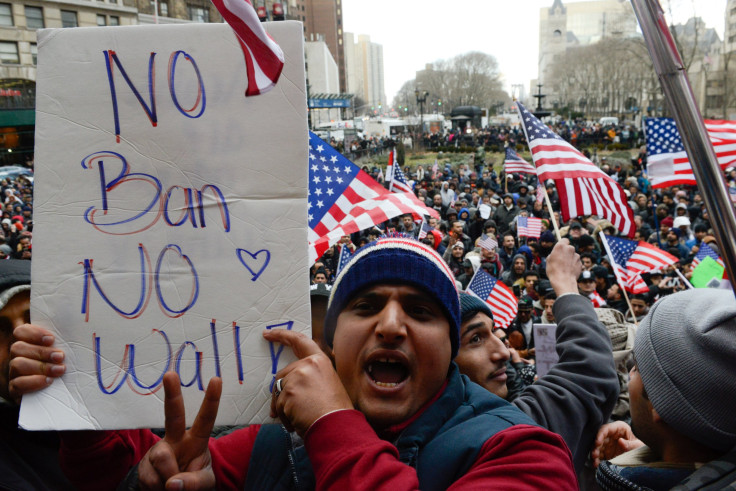Who Is Who Is Derrick Watson? Judge Who Blocked Trump’s Travel Ban Receiving Threats

The Hawaiian federal judge who struck down President Donald Trump’s most recent executive order banning citizens from six Muslim-majority countries from traveling to the U.S. has become the target of several death threats, according to local reports Thursday. Consequently, the FBI will provide U.S. District Judge Derrick Wilson with heightened security detail as it looks into the threats, according to a statement from the U.S. Marshal Service, which was spearheading the investigation.
"The US Marshals Service is responsible for the protection of federal judicial officials, including judges and prosecutors, and we take that responsibility very seriously," it said in a statement. But the U.S. Marshal refused to provide additional details due to the pending investigation, so it was unclear how long the extra protection will be in place.
Read: War On ISIS: US Orders ‘Mandatory Social Media Check’ On Visa Applicants Who Visited ISIS Territory
Watson issued his ruling to temporarily block the enforcement of the ban on March 15, just hours before it was scheduled to take effect. In the 43-page ruling, Watson concluded that the executive order illegally discriminated against Muslims under the First Amendment of the Constitution.
The ruling placed Hawaii in the middle of the heavily contested debate over immigration reform, with protests for and against Trump’s travel ban emerging across the country in the last week. The FBI would not comment on which states the death threats came from, but was able to confirm that they were from the mainland.
Trump criticized Watson’s ruling last week while addressing his supporters at a political rally in Nashville, Tennessee, CNN reported Friday.
"This is, in the opinion of many, an unprecedented judicial overreach," Trump decreed before vowing to take the case to the Supreme Court.
Almost 50 percent of Americans said they “strongly” or “somewhat” agreed with Trump’s travel ban, while roughly 40 percent “strongly” or “somewhat” opposed it, according to a Reuters/Ipsos poll released in December 2016. Those responses predictably differed along party lines, with 51 percent of Republicans saying they “strongly” approved, as opposed to 53 percent of Democrats who said they “strongly” disagreed.
© Copyright IBTimes 2024. All rights reserved.












